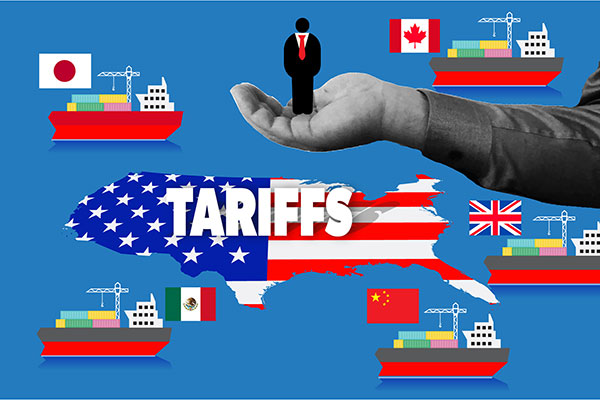
A U.S. trade court has struck down most of President Donald Trump’s wide-ranging tariffs, dealing a major blow to one of his key economic policies. The Court of International Trade ruled that Trump exceeded his authority by using emergency powers to impose tariffs on imports from nearly every country in the world.
A three-judge panel said the president’s use of the 1977 International Emergency Economic Powers Act (IEEPA) didn’t give him the right to set trade policy without Congress. “The Worldwide and Retaliatory Tariff Orders exceed any authority granted to the President by IEEPA to regulate importation by means of tariffs,” the court wrote.
The ruling leaves in place older tariffs Trump imposed using a separate law tied to national security, covering imports of steel, aluminum, and autos. But the rest—including the so-called “Liberation Day” tariffs—are now blocked.
Trump used tariffs as leverage in trade talks and said they would bring back manufacturing jobs and reduce the federal deficit. The White House quickly filed an appeal. “Trade deficits amount to a national emergency… facts that the court did not dispute,” said White House spokesperson Kush Desai.
But for now, Trump can’t use sweeping import taxes without Congress. The court emphasized that only lawmakers have the power to regulate trade.
Twelve states and a group of small businesses brought the lawsuits, arguing that the tariffs were hurting local economies. “This ruling reaffirms that our laws matter,” said Oregon Attorney General Dan Rayfield.
New York Attorney General Letitia James added, “The law is clear: no president has the power to single-handedly raise taxes whenever they like.”
The court also blocked a separate group of tariffs targeting China, Mexico, and Canada that the Trump administration said were needed to combat drug trafficking and illegal immigration.
Following the ruling, financial markets jumped. U.S. stock futures rose, the dollar gained strength, and Asian markets opened higher.
The Trump administration has 10 days to rewrite its orders in response to the ruling. The appeal is expected to reach the Supreme Court.